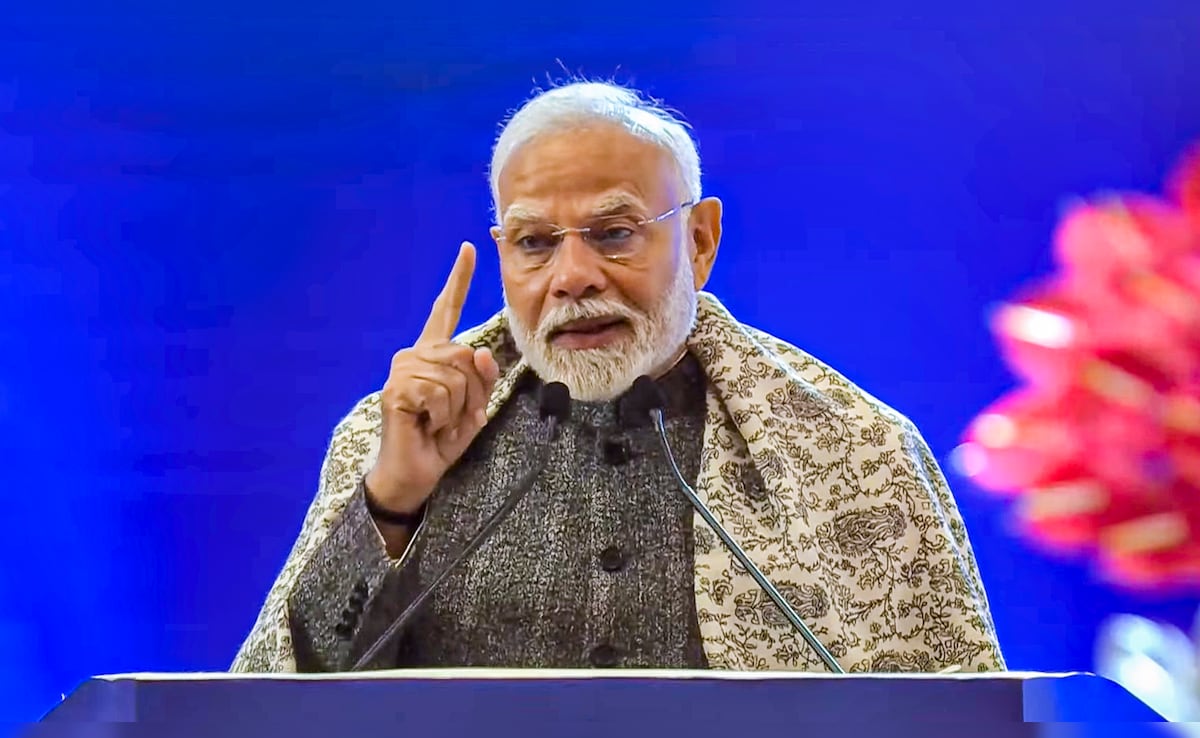Britain’s Labour party, predicted to win Thursday’s election, is promising a “decade of national renewal” and with a record landslide that gives the party a free reign to implement its programme.
Here are its policies on key issues:
– Economy –
Labour has vowed to follow the UK fiscal rules and ruled out increasing income tax, National Insurance welfare contributions and VAT sales tax — although senior figures have not ruled out other tax rises — limiting its scope for boosting public spending.
It hopes to plug the gap through improved growth, the elimination of the tax breaks for non-domiciled UK residents, reducing tax avoidance and the imposition of VAT on private school fees.
It also intends to use a windfall tax on energy companies and borrowing to fund its “green prosperity plan”.
– Healthcare –
Often the highest priority for UK voters, the country’s free-at-point-of-use National Health Service (NHS) is currently buckling under the strain of tight budgets, a 7.5-million person waiting list that ballooned during Covid, staff shortages and strikes.
Labour says it will deliver two million more NHS appointments a year to clear the backlog by paying staff extra to work evenings and weekends and using spare capacity in private healthcare providers.
It also promises to double the number of MRI and CT scanners in the NHS.
– Immigration –
Labour leader Keir Starmer has promised to deploy special investigators to “smash” people-smuggling gangs behind irregular immigration into the UK, process asylum claims more quickly to clear the current backlog and to return failed applicants to safe countries.
He has also pledged to ditch the Conservative plan to send asylum seekers to Rwanda.
However, Tory leader Rishi Sunak raised doubts during a debate with Starmer about whether he would be able to convince the Afghan Taliban or Iranian leaders to take back failed asylum seekers from their countries.
– Energy –
In order to insulate the UK against shocks to the international energy market, as seen during Russia’s invasion of Ukraine, and to meet climate targets, Labour plans to set up “Great British Energy”, a new publicly-owned energy company.
“A Labour government will invest in homegrown clean power, cut bills, create jobs, and give us independence from dictators like (Russian President Vladimir) Putin, paid for in part by a proper windfall tax on oil and gas giants,” the party says.
– Education –
Labour says it will make private schools pay VAT on fees and use the proceeds to “improve standards in stretched state schools with more teachers” and help “break down barriers to opportunity.”
– Environment –
Starmer has set the target of decarbonising the UK’s electricity grid by 2030 and said his party will not approve any new oil or gas projects in the North Sea.
Pollution of rivers and seas has been a prominent issue recently, and Labour has promised to block bonuses for water bosses if their companies harm the environment.
– Transport –
The UK’s rail system is a constant source of complaints, and Labour says it will create an “arm’s length public body –- Great British Railways” tasked with improving railway infrastructure and services.
– Workers’ rights –
Labour will change the way the minimum wage is calculated by taking into account the cost of living.
It has also pledged to make flexible working “the default” and ban “zero-hour contracts”, under which employers are not obliged to provide any minimum working hours and the worker is not obliged to accept any work offered.














